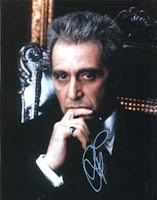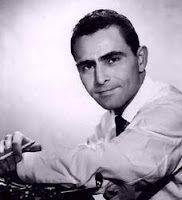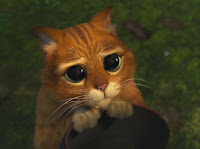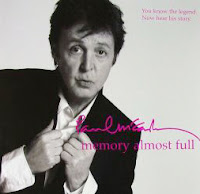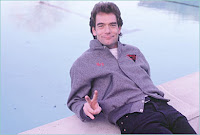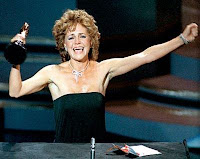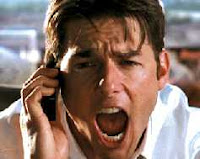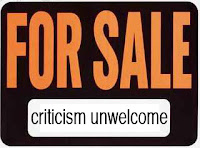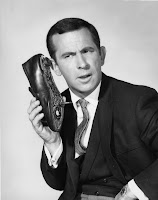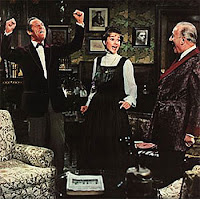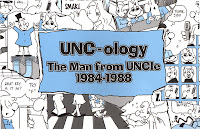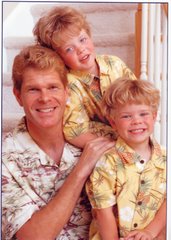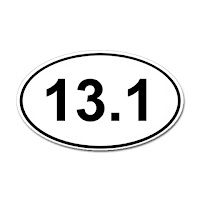
I have a friend who recently ran a half marathon and he said he was plagued by a persistent cramp under his ribcage for much of the race. But he finished--and that's about 9 more miles than I'll be running anytime soon.
The new book, however, is just about halfway done (at least according to my hastily thrown-together outline). So excuse me for not blogging, but I had me some real writin' to do! It's feeling better and better, and it's gotten a good response from my writers' group. I have another 6 or so chapters to submit to them, which will take them through the first half of the story. Hardest thing has been finding time, because I don't know about you, but I can't write for 15 minutes here and there. If I don't have at least an hour cleared, preferably two, there's pretty much no point.
No news on the first book, which is most definitely not good news. I think one editor still has a sample or possibly the whole MS, but my (former) agent told me it was a small house and therefore ultra-slow. Hoping for a more receptive response with this book. First of all, it's shorter (well, duh, it's only halfway done). I'm projecting 100K or fewer words, which is about 7K shorter than the first book ever was. Remember, it started out as 185K. Discipline, thy name is outline. Also, I've been doing more research and reading a few more "how to" books (thought I got my fill of those last time around), and I've picked up quite a few pointers on how to keep things moving and how to keep the word count down in the process.
My wife's been reading it as I go and so far, her major criticism is that I give my characters "weird" names. I guess I can live with that. I just don't feel like writing about "John," "Liz" and "Bob." I prefer names with character built-in. Is that cheating? I named the villain in my last book "Wally" because I wanted something totally non-threatening and even innocuous, to contrast with the diabolical scheme he came up with. It's not like I'm calling people "Snake" or "Codsworth" or making names up. Hopefully, that will be he worst thing she has to say about the book:)
Now all I need is 12 more chapters and a title.
